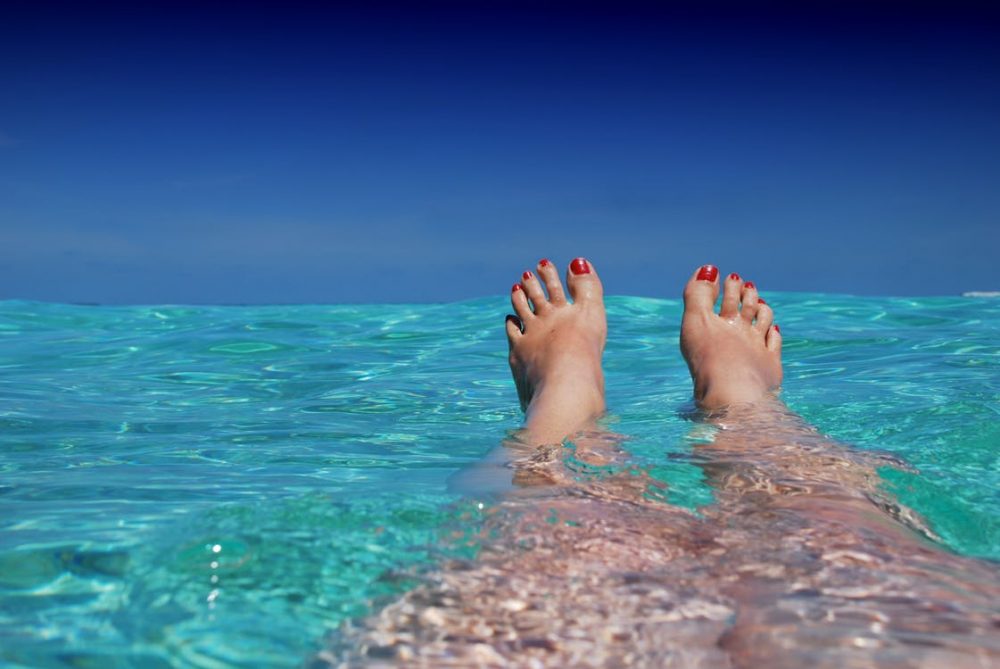Rip currents are strong channels of water that move offshore. Usually, they extend from the beach, through the surf zone and past the line of breaking waves. Rip currents can be dangerous, even deadly. In fact, they account for around 80 percent of beach rescues.
While most commonly associated with the ocean shore, rip currents can form anywhere there are breaking waves. This includes large, inland bodies of water such as the Great Lakes. Fortunately, a few simple guidelines can make it easier to identify rip currents and stay safe.
How To Identify Rip Currents
Rip currents can be difficult to see, even for experienced beachgoers. The best way to identify them is to choose beaches with active lifeguards. They will identify the safest areas for swimming.
If visiting a lifeguarded beach isn’t an option, try standing back from the shore. Typically, rip current area easier to see like this. Watch for channels of churning, choppy water on the surface. Rip currents are most likely to form in large surf. Storm tracking software can help with identifying weather systems that may cause rip currents. However, this isn’t foolproof as rips may also form around obstacles such as man-made structures, rocks, and estuaries.
What To Do if You Get Caught
If you find yourself in a rip current, stay calm. Avoid trying to swim directly back to shore as this will tire you out.
- If you can stand, wade rather than swimming.
- If you can swim, move parallel to the shore until free of the rip.
- Wave your hand and call for help.
- If help is coming, float until it arrives.
What To Do if Someone Else Gets Caught
If you see someone else caught in a rip current, don’t try to be a hero. It is very common for would-be rescuers to end up getting caught themselves. Instead, call a lifeguard or the Coast Guard. If available, throw the person a floatation device or a reaching object.
Learn more about weather station system solutions and staying safe from coastal storms. The more prepared you are, the better you will be able to keep yourself and others safe.

